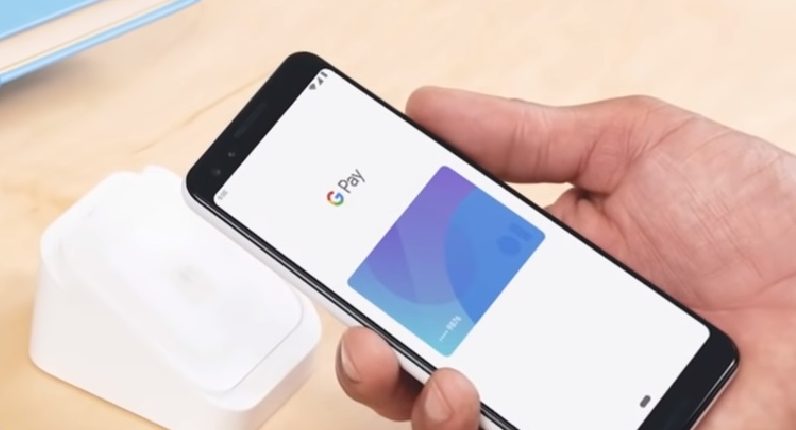In a move to protect the privacy of citizens and preventing the misuse of user data, Google Pay announced on Thursday that it would offer its users the option to take control of their own transaction data.
Google Pay, the payments app from the search giant Google, is reported to roll out an update that will provide users with more controls to decide how their app activity is used to personalize features within the app. These enhanced privacy features would give them the option to opt-out of sharing data with the company. It added that users can also deselect transactions, which they would not like Google Pay to use for providing a personalization experience.
The new features include a “toggle on and off” button, which allows users to prohibit sharing of their transaction data with Google Pay, preventing it from bringing user personalization in terms of offers and experiences on the app. This option will be available as soon as users upgrade to the next version of the Google Pay app.
“With ‘toggle on and off, users have to make a hard choice on personalization, and, therefore, we are providing an extra layer of flexibility to deselect only certain transactions. We are thinking of privacy in a granular way and respect the choice of the users to help us provide the best experience to them,” Ambarish Kenghe, vice president-product, Google Pay, said in an interaction.
“Privacy is already a key priority for us…If you do anything on Google Pay, it stays on Google Pay – and that’s the state today. What we are saying now is we are creating new controls for managing your Google Pay activity, even on Google Play. So if you’re doing something on Google Pay, we want you to be in control of saying – should this activity be used or recorded for use for personalizing a feature,” he added.
According to Kenghe, turning on the option of ‘Personalisation with Google Pay’ would provide users with a more tailored experience within the app. If this setting is turned off, the platform would continue to work as usual, just without the personalization.
If you agree to share data with Google, it will use it to make personalized offers, and not show any advertisements to you. Google emphasized that it would not be selling the user data, and the transaction history will not be shared with any other Google product for targeting ads. If you do not agree to share data, rest assured that you will not lose access to any of the features of the Google Pay app.
This option would be offered to both new and existing users so that they have a better understanding of what data they are sharing with Google, Kenghe said. “We sincerely hope that people will appreciate the ability to easily see and control how their data is used, and enjoy delightful product experiences irrespective of the choices they make on Google Pay,” wrote Kenghe in a blog post.
“As India embraces digital payments, we remain committed to bringing the industry along to ensure that we keep raising the bar to deploy state-of-the-art data security and privacy measures and put the users in charge of how their data is used.”
With over 150 million monthly active users, Google Pay accounts for a large chunk of the digital payments market. It supports UPI payments as well as contactless card transactions through tokenized debit or credit cards linked to users’ smartphones.
”The transaction history will still be there for regulatory purposes (which mandates transaction data be stored for the operator for a period of time) but it will not be used for personalization,” Kenghe said.
”We don’t take users’ trust for granted and work hard to ensure that people are able to understand and manage their data and make privacy choices that are right for them. We do this by putting our users in the driver’s seat to manage their data and privacy with easy-to-use privacy features and controls,” he said.
The Tech Portal is published by Blue Box Media Private Limited. Our investors have no influence over our reporting. Read our full Ownership and Funding Disclosure →






